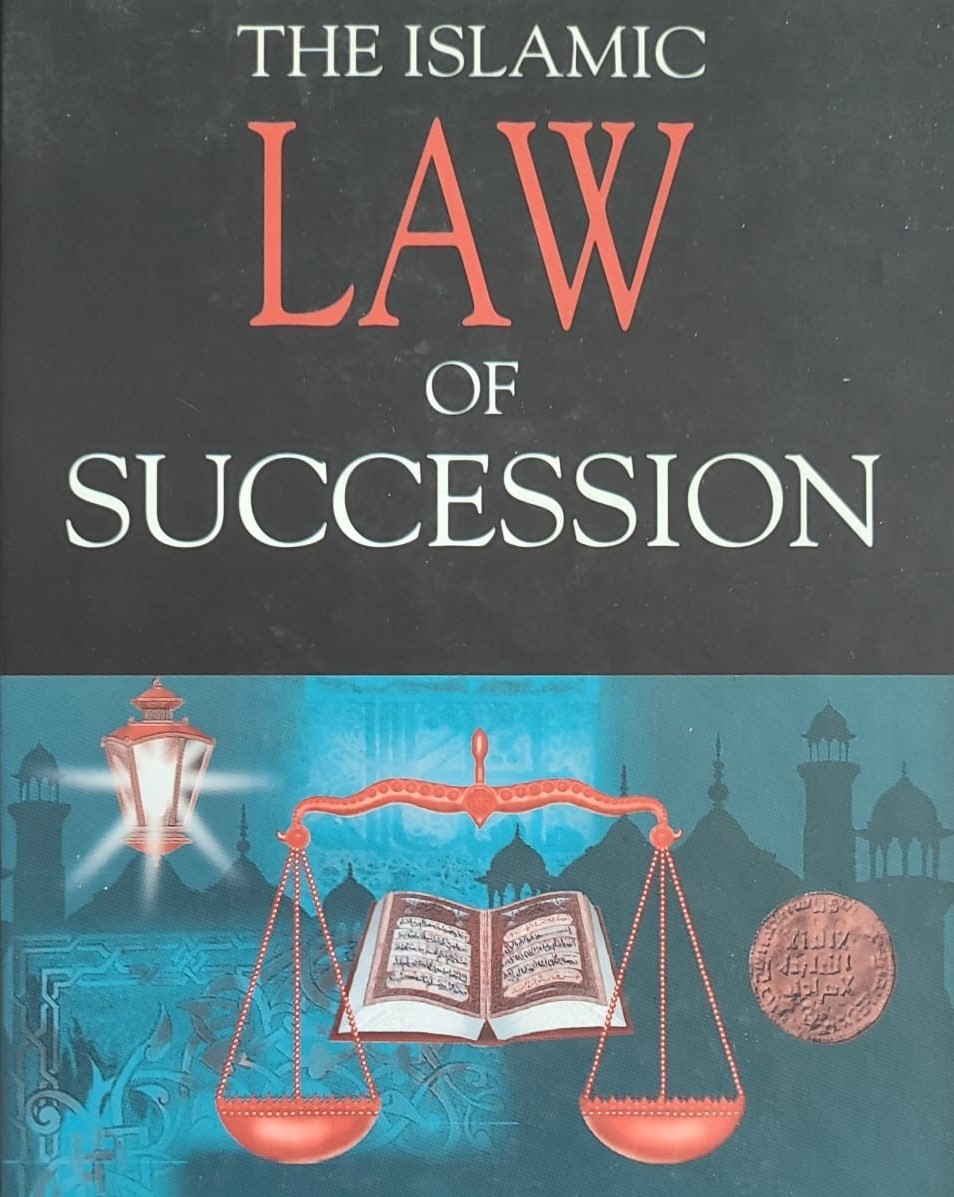بِسۡمِ اللهِ الرَّحۡمٰنِ الرَّحِيۡمِ
Abstract
This is an overview of the Islāmic laws of inheritance, focusing particularly on traditional Sunni Islāmic law. It aims to enhance the understanding of the Muslim community, especially those residing in Western societies, regarding this fundamental aspect of Islāmic jurisprudence. Drawing from Qurʾānic injunctions, prophetic traditions, and scholarly interpretations, the paper delineates the principles, shares, and entitlements of heirs in accordance with Sharīʿa.
Introduction
The Islāmic laws of inheritance constitute a vital component of Sharīʿa, governing the distribution of assets and property upon the demise of a Muslim individual. This article endeavours to provide a comprehensive elucidation of these laws, with a specific focus on their application within traditional Sunni Islāmic jurisprudence. It seeks to elucidate the underlying principles, elucidate the entitlements of heirs, and examine the historical evolution of these laws from pre-Islāmic customs to their contemporary manifestations. Furthermore, the paper aims to underscore the significance of understanding and to adhere to these laws within Muslim communities residing in Western societies.
Historical Context
Before delving into the intricacies of Islāmic inheritance law, it is imperative to contextualize its development within the historical framework of pre-Islāmic Arabian society. Although precise details of pre-Islāmic inheritance practices are scarce, it is evident that the prevailing system primarily favoured male agnate relatives ("asaba") in matters of inheritance. Within this customary framework, priority rules determined the succession rights among male agnates, establishing a hierarchical order of inheritance. The principles governing this system likely influenced the formulation of inheritance laws within Islāmic jurisprudence, particularly concerning the prioritization of male heirs.
Qur'ānic Revelations
The revelation of the Qurʾān to the Prophet Muḥammad (![]() ) commenced in the year 610 CE and extended over a period of 22 solar years (equivalent to 23 Hijri years), concluding with the passing of the Prophet Muḥammad (
) commenced in the year 610 CE and extended over a period of 22 solar years (equivalent to 23 Hijri years), concluding with the passing of the Prophet Muḥammad (![]() ) in 632 CE.
) in 632 CE.
During the development of Islāmic succession law, a series of Qurʾānic verses were revealed to regulate various facets of testamentary succession, focusing specifically on the process of making a bequest. Specifically, Qurʾānic verses 2:180-82 provide guidance to individuals nearing death, urging them to make bequests in favour of their parents and close relatives. Additionally, these verses admonish against tampering with a person's will and encourage efforts to reconcile disputes arising from the deceased individual's testamentary instructions.
The Qurʾānic injunctions as the primary source of guidance for Islāmic inheritance laws, laying down foundational principles and delineating specific shares for designated heirs. Verses such as 4:11 and 4:12 provide explicit directives regarding the distribution of inheritance, emphasizing equity and fairness in the allocation of shares. The Qurʾānic injunctions establish fixed entitlements for various categories of heirs, including spouses, parents, children, and siblings, thereby ensuring a systematic and just distribution of assets.
Formation of the Islāmic Inheritance Law through Interpretative Tradition
Islāmic jurisprudence, informed by teachings and prophetic traditions, has further elucidated the principles of inheritance through scholarly interpretation and legal reasoning. Scholars have expounded upon the Qurʾānic verses, delineating rules of entitlement, shares, and distribution mechanisms. Through meticulous analysis and deductive reasoning, jurists have developed a comprehensive framework for adjudicating inheritance matters, accommodating diverse familial structures and circumstances.
The Islāmic laws of inheritance formation involved incorporating elements of pre-existing customs into the Qurʾānic injunctions and the Sunnah of the Prophet Muhammad (![]() ). The amalgamation of traditional agnatic systems with Qurʾānic injunctions has resulted in a nuanced legal framework that balances continuity with reform. Scholars, such as Almaric Rumsey1, have lauded the Islāmic inheritance system for its refined and equitable approach to property succession, underscoring its significance in the broader context of legal jurisprudence.
). The amalgamation of traditional agnatic systems with Qurʾānic injunctions has resulted in a nuanced legal framework that balances continuity with reform. Scholars, such as Almaric Rumsey1, have lauded the Islāmic inheritance system for its refined and equitable approach to property succession, underscoring its significance in the broader context of legal jurisprudence.
Contemporary Application
In contemporary Western societies, Muslims face the challenge of reconciling Islāmic inheritance laws with prevailing legal frameworks. The execution of a valid will becomes imperative to ensure the application of Sharīʿa principles and prevent intestate succession under secular laws. Muslim individuals must navigate legal complexities and adhere to both Sharīʿa and civil law requirements when drafting their wills, thereby safeguarding their assets and adhering to divine commandments.

Conclusion
In conclusion, the Islāmic laws of inheritance represent a foundational aspect of Sharīʿa jurisprudence, governing property succession with equity and fairness. Through Qurʾānic injunctions, prophetic traditions, and scholarly interpretations, these laws provide a comprehensive framework for asset distribution among heirs. Understanding and adhering to these laws are essential for Muslims, particularly those residing in Western societies, where legal frameworks may differ from Islāmic jurisprudence. By upholding the principles of equity, justice, and divine commandments, Muslims can ensure the proper execution of inheritance matters in accordance with Sharīʿa principles.
1Rumsey, A. A. Moohummudan Law of Inheritance. (1880) Preface iii
Source The Islamic Law of Succession Dr. A. Hussain
A. Hussain
